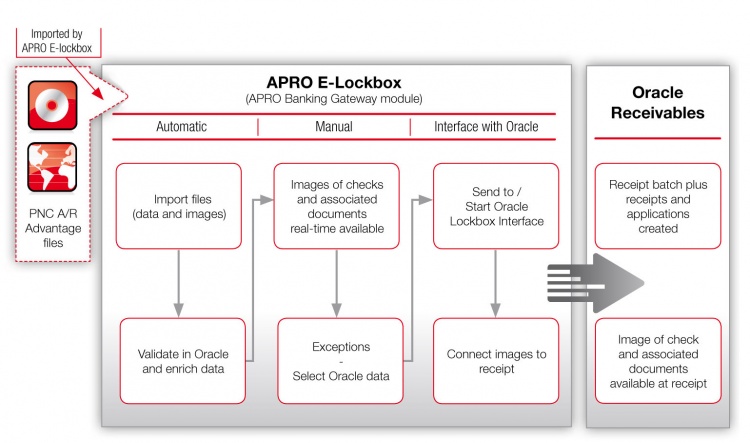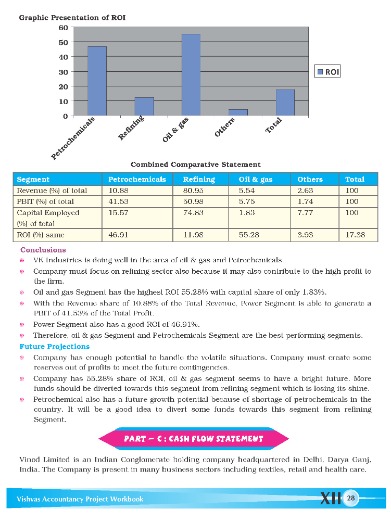
It ensures you won’t be celebrating $10,000 in monthly revenue when your business is barely breaking even or possibly losing money on that $10,000. Remember the “Supplier” field we were asked to enter when listing our product? This is invaluable data because it’s not just about “oh yeah, great, I’m profitable this month..yay”.
Can I cancel my subscription at any time?
Or, cutting the categories/verticals/niches that aren’t performing well. As IL attempts to be a one-stop shop for all your accounting needs, this wouldn’t be complete without offering you a way to add custom income and expenses. If you have any additional income or expense that’s not automatically tracked through IL’s connection to Seller Central, you can easily add it in these sections. In this blog post, we’ll take a comprehensive look inside Inventory Lab’s Stratify (as well as a quick tour of their mobile app, Scoutify).
InventoryLab offers comprehensive support resources to guide users in setting up their accounts and getting started with the platform. We also offer free Customer Coaching (CuCo) sessions that help both beginners and pro sellers get the most out of the software. They say the reason InventoryLab came to life was after they were having a hard time tracking their expenses and accounting through complex spreadsheets. A year later they created InventoryLab to help with inventory management while having built-in expense tracking. From sales, reimbursements and refunds, to profits and losses – you can track almost anything related to your store’s finances and performance from this platform. Another key feature of this app is the built-in barcode scanner.

You don’t need to download Stratify, but you do need to download the mobile app, Scoutify. InventoryLab's data is updated regularly to ensure accuracy. Inventory reports update every 4–8 hours, sales data every 2–3 hours, and reimbursement reports daily. Reconciliation, refunds, and other expenses update after each payment disbursement. Finally, FBA shipment status and the Velocity Report update every 24 hours.
Denese’s FBA Success Story: SmartRepricer, InventoryLab, & Prep Centers
Its features include font size adjustment, matching Buy Box prices, a history tab, and Seller Central integration. If Inventory Lab reviews are not enough for you, you can use the 30-day free trial with access to all their features. If you choose a paid plan, you can access the same data beyond 60 days at no extra cost. These tools empower sellers to automate and streamline time-consuming processes like inventory management, profit calculation, and decision-making. By looking at Inventory Lab reviews, it’s clear that using the right tool can be a game-changer, but like any other tool, you must master its use to get the most out of it.
- Inside this section, you can prepare an FBA shipment from A-Z and the software helps you comply painlessly with all the FBA requirements.
- With the help of the Scoutify app, it’s possible to print a label and attach it to an item as soon as you list it.
- This makes it easier to make strategic decisions, especially with comprehensive reports showing which products are the most profitable.
- If Inventory Lab reviews are not enough for you, you can use the 30-day free trial with access to all their features.
Supplier Profitability
However, how to make a balance sheet using a simple balance sheet equation some users have also had luck using a Zebra or Brother printer as well. You're 8 hours in trying to find the right Pre-Season product. A new kid on the block is getting a lot of attention recently, and that’s AccelerList.
You can always use Inventory Lab’s trial to get access to Scoutify app and start scanning items at your local stores to find great deals. The main highlight of the reports section is the different profitability reports available. Right under the offers box, you can see the “price per unit” field. Now all you have to do here is to enter the cost price per unit. That’s the price you’re paying your supplier for this item, et voila! You don’t need any extra tools to start using InventoryLab, but we do recommend that you use a compatible browser such as Chrome, Firefox, or Safari.
We’ll explore each section of their web interface and lay out the features. Finally, we’ll summarize the review and quickly evaluate competing solutions. As with Inventory Lab, AccerList’s workflows speed up the process of scanning and uploading items and makes tracking and adjusting prices simple – both tools are bookkeeping vs accounting useful in this regard. If you prefer to try before you buy, Inventory Lab offers a 30-day free trial, with access to all their features. Using the app, you can scan an item, enter the price you’re paying and selling it for, and add it to your Buy List. By reading Inventory Lab reviews, we find out that this tool also helps you keep a close eye on inventory levels and reorder stock to ensure you never run out.
Inside this section, you can prepare an FBA shipment from A-Z and the software helps you comply painlessly with all the FBA requirements. On the hand-right side, there’s an interesting pie chart that lays out all your monthly expenses. We can see that FBA fees, in general, are taking the biggest portion in terms of expenses, nothing else really compares. We notice that FBA Transaction Fees are the highest expense followed by selling fees and FBA inventory and inbound service fees. There’s also an easy data export functionality that is directly accessible through the “Export” button right next to the date selection drop downs. On the left side, you have a sales vs profit chart basically comparing revenue to profit after subtracting expenses.
Using this tool, you can track almost anything related to your business’s finances and performance – including sales, reimbursements and refunds, profits, losses, etc. Immediately printing labels can save you up to an hour per inventory batch. It removes the need to sort through pages of labels at the end of the accrual basis accounting listing process. According to some users, AccerList is more intuitive than Inventory Lab when it comes to listing items online. However, Inventory Lab does have more reporting and accounting-related features; this, of course, is a big plus. Not only can you research and list products, but you can also manage your inventory, track your expenses, and analyse profitability.


